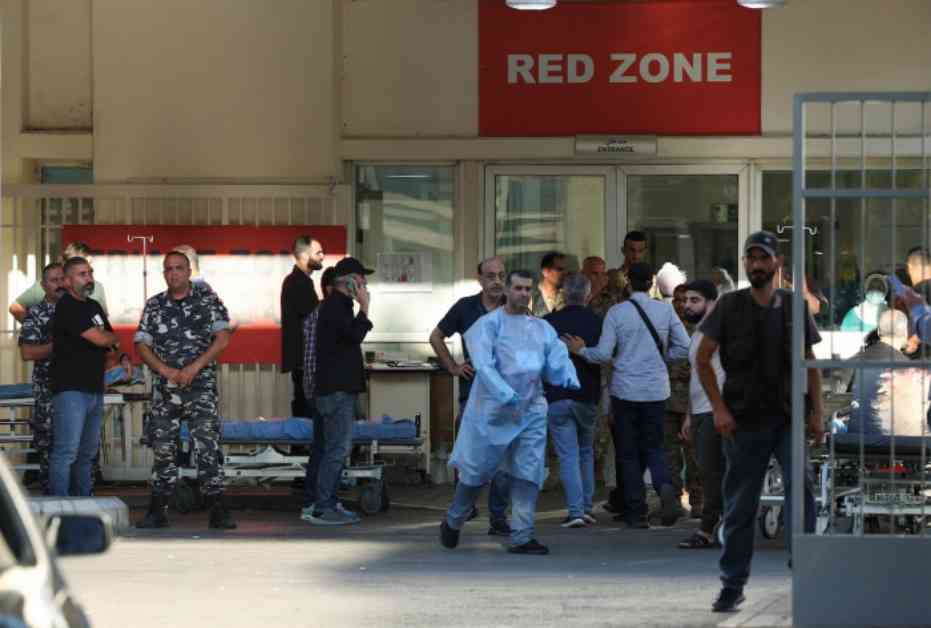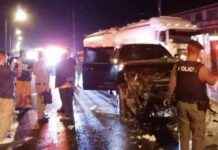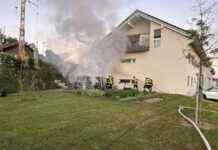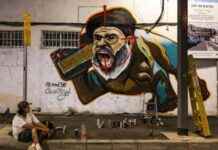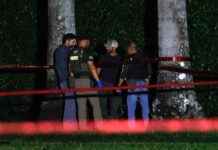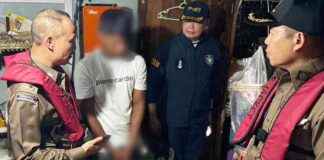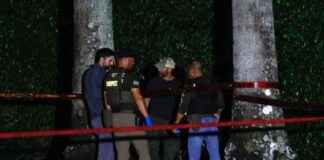Beirut Explosion: Over 1,000 Injured in Pager Explosions
Lebanon was rocked by a series of explosions on Tuesday that left more than 1,000 people injured, including Hezbollah fighters and medics. The incidents were caused by pagers that were used by the group to communicate, which unexpectedly detonated across the country. The aftermath of the explosions saw chaos and panic as victims were rushed to hospitals for urgent care.
Security sources revealed that at least two deaths had been linked to the explosions, with one of the casualties being a 10-year-old girl. Among the wounded was Iran’s ambassador to Lebanon, Mojtaba Amani, although his injuries were reported as not serious. The detonation of the pagers was described by a Hezbollah official as the “biggest security breach” the group had faced in nearly a year of conflict with Israel.
Hezbollah, an Iran-backed militant group, has been engaged in cross-border warfare with Israel since the Gaza conflict erupted the previous year. In an effort to evade Israel’s advanced surveillance technology, Hezbollah has resorted to using more low-tech communication strategies, including coded messages, landline phones, and pagers. The pagers that detonated in the recent incidents were described as the “latest model” that had been recently brought into the country by Hezbollah.
The Israeli military declined to comment on the detonations when approached by Reuters for inquiries. However, Iran’s Mehr news agency reported that the Iranian ambassador to Lebanon was injured in one of the blasts, although this information could not be immediately confirmed. The explosions were not limited to Beirut, as devices were also reported to have detonated in the south of Lebanon.
The aftermath of the explosions saw a surge in injured individuals being transported to hospitals, with ambulances rushing through the streets of Beirut’s southern suburbs. At Mt Lebanon hospital, witnesses described scenes of chaos as people with bloodied hands screamed in pain while seeking medical attention. The Nabatieh public hospital in southern Lebanon reported treating around 40 wounded individuals, with injuries ranging from facial wounds to limb injuries.
The Lebanese Red Cross mobilized over 50 ambulances and 300 emergency medical staff to assist in evacuating victims and providing urgent care. The crisis operations center, run by the health ministry, issued a directive for all medical workers to report to their respective hospitals to help cope with the influx of wounded individuals. Additionally, health care workers were advised not to use pagers due to the risk of further detonations.
The explosions lasted for approximately an hour after the initial detonations, creating a sense of fear and uncertainty among the population. Regional broadcasters aired CCTV footage showing the spontaneous detonation of handheld devices in public places, causing injuries to unsuspecting individuals. The Lebanese internal security forces confirmed that wireless communication devices had been detonated across the country, particularly in Beirut’s southern suburbs.
Hezbollah retaliated against Israel with missile attacks immediately following the explosions, marking a continuation of the hostilities that began with the Gaza conflict. The ongoing exchange of fire between Hezbollah and Israel has resulted in tens of thousands of people being displaced from towns and villages on both sides of the border.
As the investigation into the explosions continues, the Lebanese government has called for calm and unity in the face of this tragic event. The repercussions of the detonations are likely to have far-reaching effects on the region’s security landscape, prompting concerns about the safety and stability of Lebanon and its neighboring countries. Amidst the chaos and uncertainty, the resilience of the Lebanese people shines through as they come together to support the victims and work towards a path of healing and recovery.
